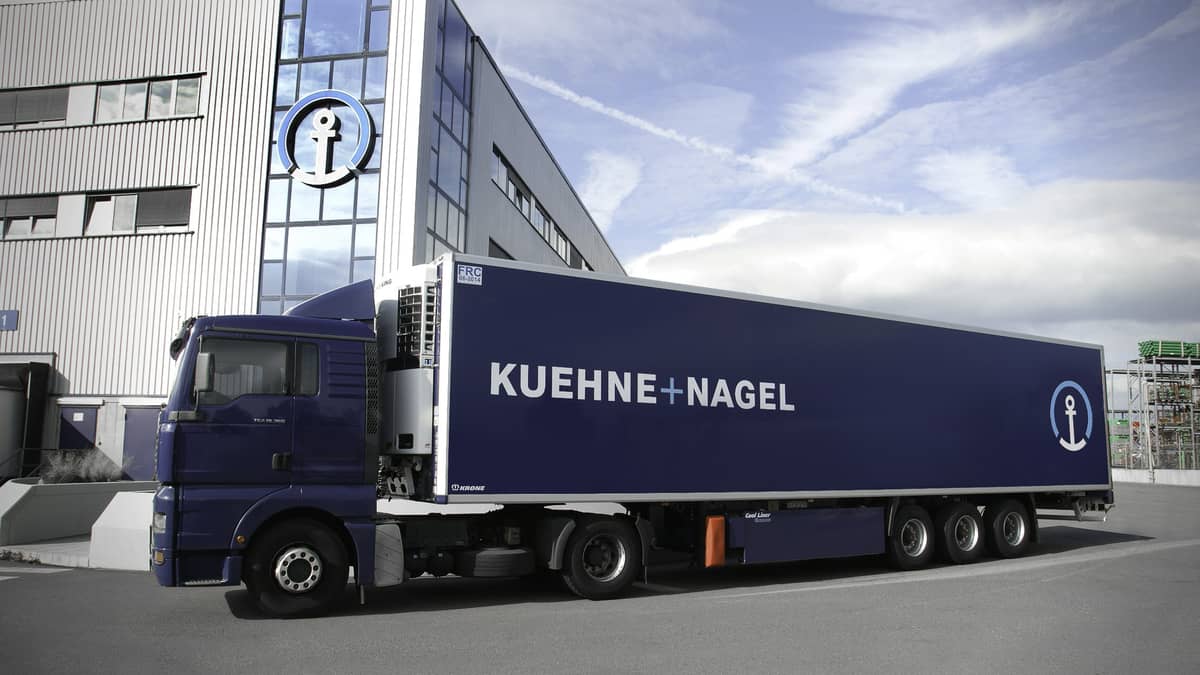The COVID-19 pandemic affects freight shipping, as well as numerous other sectors. Now is the time for companies to rise to the challenge and impress their customers who may require assistance with their supply chains during the coronavirus crisis. Here are five ways they can do that:
1. Increase customer transparency
Customers who use freight companies appreciate honest, updated information. Getting this data is particularly important as people place COVID-19 online orders to avoid leaving their homes. Being transparent with customers benefits them, as well as the consumers who receive the shipped products.
Kuehne + Nagel, a German freight provider, boosted transparency via a dedicated section on its website that receives frequent updates. The coverage includes the coronavirus’s overall impact in the regions where the company operates. It also details how COVID-19 affects various freight methods and what the company is doing to mitigate disruptions.

2. Consider hiring more personnel or increasing hours
Many sectors have laid off workers during these challenging times. Increased demand in the freight shipping sector means many providers are hiring or giving people more hours, however. That’s the case at Sendle, an Australian shipping company.
Eva Ross, the company’s chief marketing and customer officer, explained: “There was a day last month where we experienced a 50% increase in customers sending a parcel with Sendle for the first time. To cope with the extra demand, our courier partners are hiring more drivers, and many drivers are working on Saturdays to minimize parcel delivery delays when possible.”
Companies should look at the weak points within their workforces and determine how to reduce them. Whether that means hiring more people or asking individuals to increase their hours to help the supply chain during the coronavirus, logistics businesses must prioritize safety.
3. Make the company’s branding reflect current times
Freight shipping companies should also explore what branding tweaks they can make to reassure existing and potential customers. For example, fleet wrapping strengthens a brand’s reputation by increasing professionalism. A business could use a fleet wrap bearing a message such as, “Here for you now more than ever.” Such a phrase speaks to the stability people need during the coronavirus pandemic, but it applies more broadly, too.
Another branding strategy concerns adding a prominent banner to the company’s website, which explains the business is still operating and reminds people how to get in touch if needed. Many employees in various sectors now have to work from home. Whether or not a freight company takes that approach, it should reassure people that help is still available. Then, clients have peace of mind they can pass onto their customers.

4. Remind customers of possible location- and demand-based impacts
The rise in COVID-19 online orders and the lockdowns imposed by governmental authorities have stifled the supply chain. Many resultant effects are outside the direct control of freight providers. Freight shipping companies can nevertheless stand out by providing useful advice to customers.
For example, a shipping business may urge its clients to verify that destination countries still accept goods via particular methods. Some companies maintain country-specific lists on their websites to aid customers in staying abreast of how things develop.
Moreover, freight brands may encourage customers to use services such as app-based booking for rail or air services. Taking that approach minimizes the likelihood of them realizing a departing freight vehicle has no room left for more goods.
5. Invest in advanced technologies
What’s the secret to a smooth supply chain during the coronavirus? Some companies believe it’s technology. Various brands can apply it to their COVID-19 online orders. For example, one tool uses artificial intelligence (AI) to identify the right package size for each order, thereby reducing shipping costs.
There’s also an increased focus on logistics analytics and digital solutions. Those technologies help freight shipping companies become more aware of their available resources and make adjustments to serve customers better. If clients see evidence of those tech investments, they’ll feel more comfortable about sticking with the company through these unprecedented circumstances – and for the long-term.
Promoting welcome reliability
As people around the world place COVID-19 online orders to get what they need without leaving their homes, brands that use freight companies want to feel confident their chosen providers can continue to meet needs.
Otherwise, mistrust and disappointment could become rampant among those who depend on logistics businesses, as well as the end consumers. Companies should strongly consider applying these tips to show clients they are among the best options.










